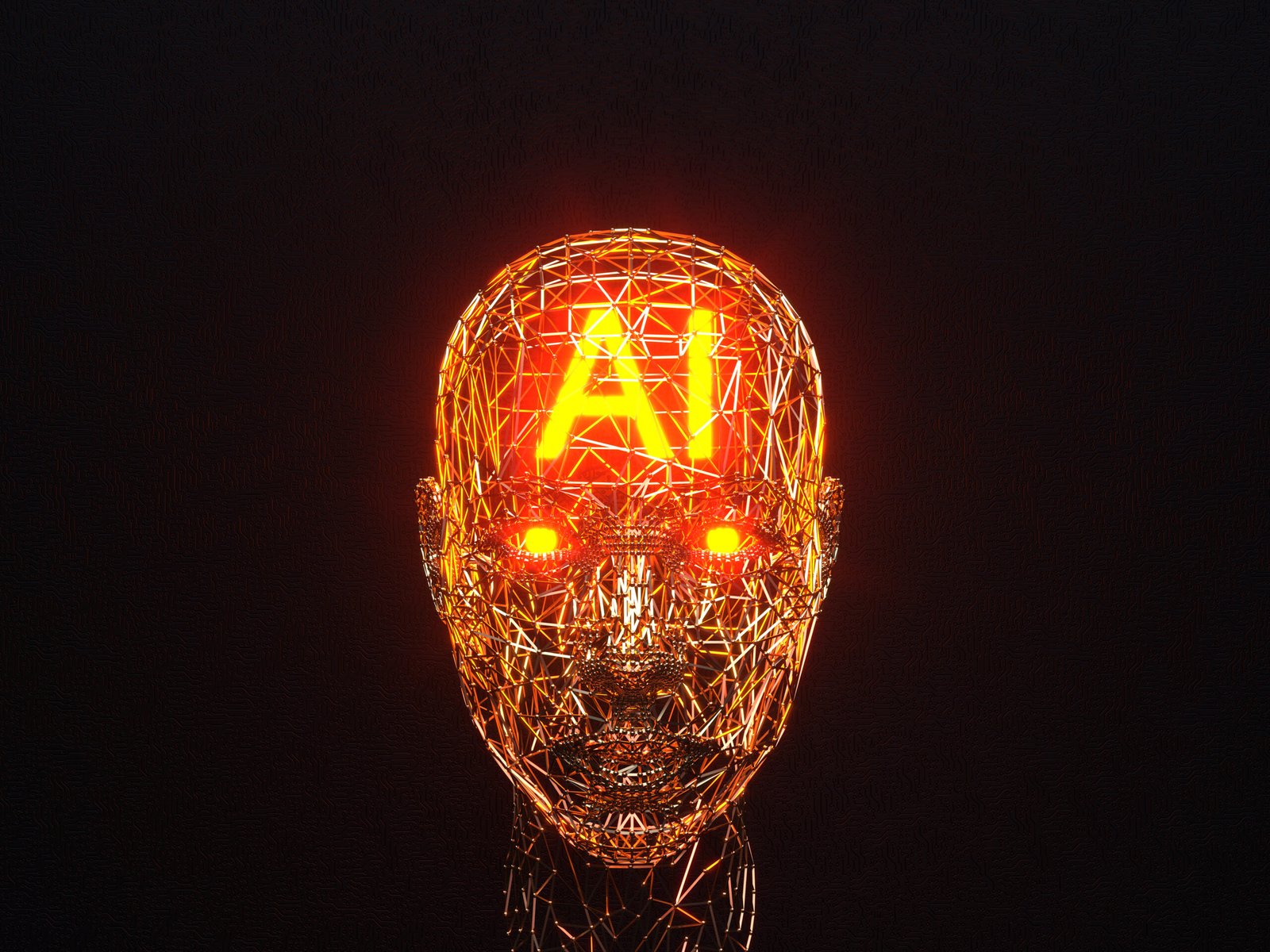AI, short for artificial intelligence, refers to the remarkable ability of machines and software to accomplish tasks that typically require human intellect, like acquiring knowledge, rational thinking, cracking problems, or language proficiency. As an area of study within computer science, AI analyses and enhances intelligent systems. A few notable AI applications include search engines, personalization systems, speech and handwriting recognition, autonomous vehicles, and virtual assistants. Furthermore, AI can be categorized into a variety of types, each with its own unique abilities and objectives:
Reactive AI: is limited in its abilities, being only able to respond to predetermined situations and lacking the capacity for learning from past occurrences or applying knowledge to novel scenarios. A prime example of this is a chess program that solely evaluates the current state of the game board and selects the optimal move, without recalling previous moves or strategizing for future moves.
Memory-Restricted AI: This form of artificial intelligence possesses the capability to retain and utilize a certain amount of data from past encounters in order to enhance its functionality, but its capacity is constrained. For instance, a self-driving vehicle that relies on its sensory input and prior actions to identify and evade obstacles, traffic signs, and pedestrians.
Theory of mind AI: Imagine an AI that possesses the remarkable ability to comprehend and engage with other intelligent beings, be it humans or animals. This profound concept, known as Theory of Mind AI, enables the AI to recognize the emotions, beliefs, intentions, and expectations of those around it. For instance, envision a social robot that seamlessly communicates with humans, utilizing natural language and facial expressions, and then adjusts its own behavior based on the humans’ feedback.
Imagine an AI with self-awareness, consciousness, and self-control. It has the ability to establish and strive towards its own objectives without being influenced by external factors. Think of a super-intelligent being that surpasses human capabilities in intelligence and creativity. It not only has the power to modify itself but also create new AI systems. Society stands to gain greatly from AI, as it can enhance productivity, efficiency, and innovation. However, it also brings about ethical, social, and legal concerns, particularly in relation to privacy, security, accountability, and the preservation of human dignity.
In general, AI systems work by ingesting large amounts of labeled training data, analyzing the data for correlations and patterns, and using these patterns to make predictions about future states. In this way, a chatbot that is fed examples of text can learn to generate lifelike exchanges with people, or an image recognition tool can learn to identify and describe objects in images by reviewing millions of examples. New, rapidly improving generative AI techniques can create realistic text, images, music and other media.



